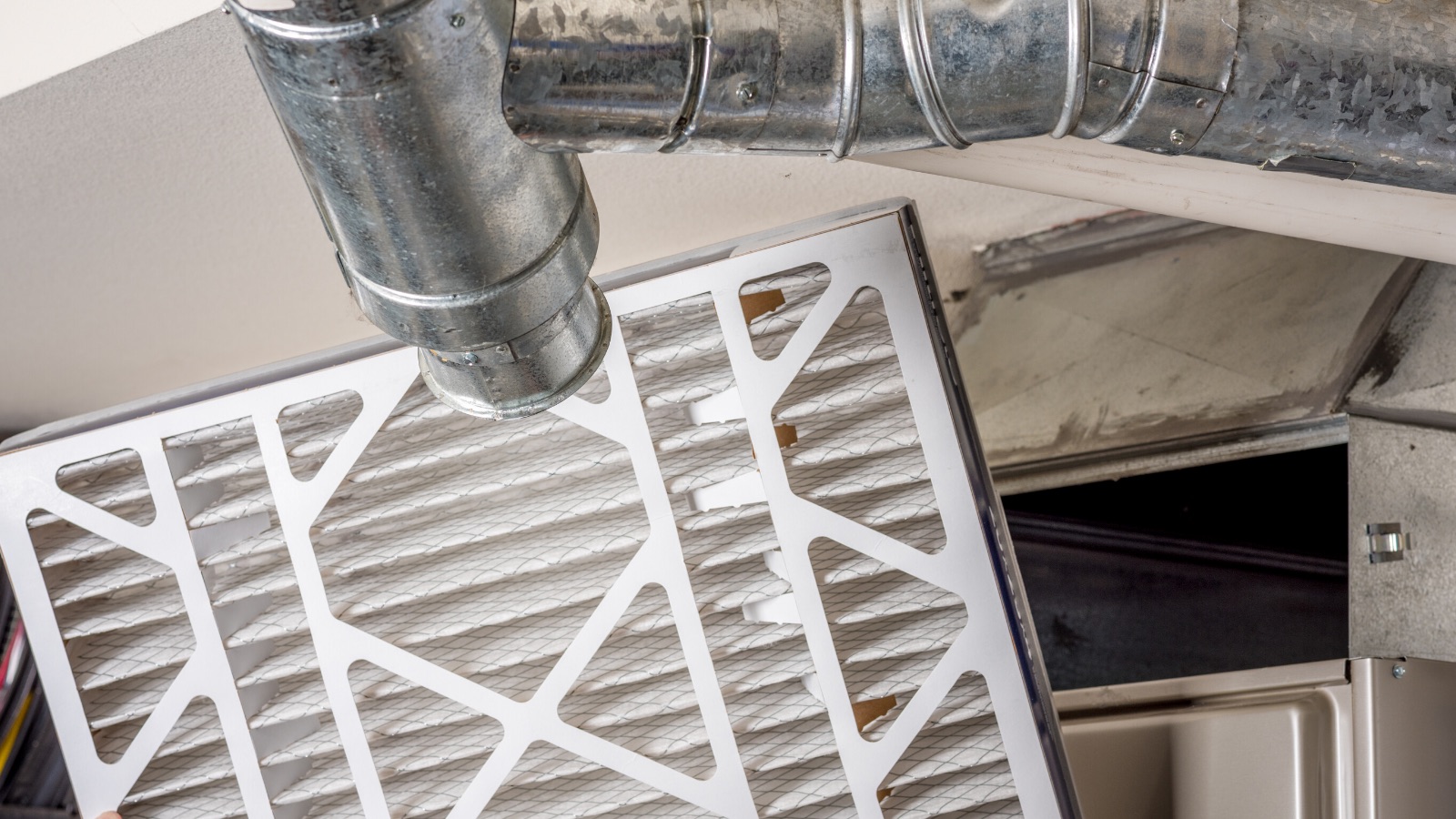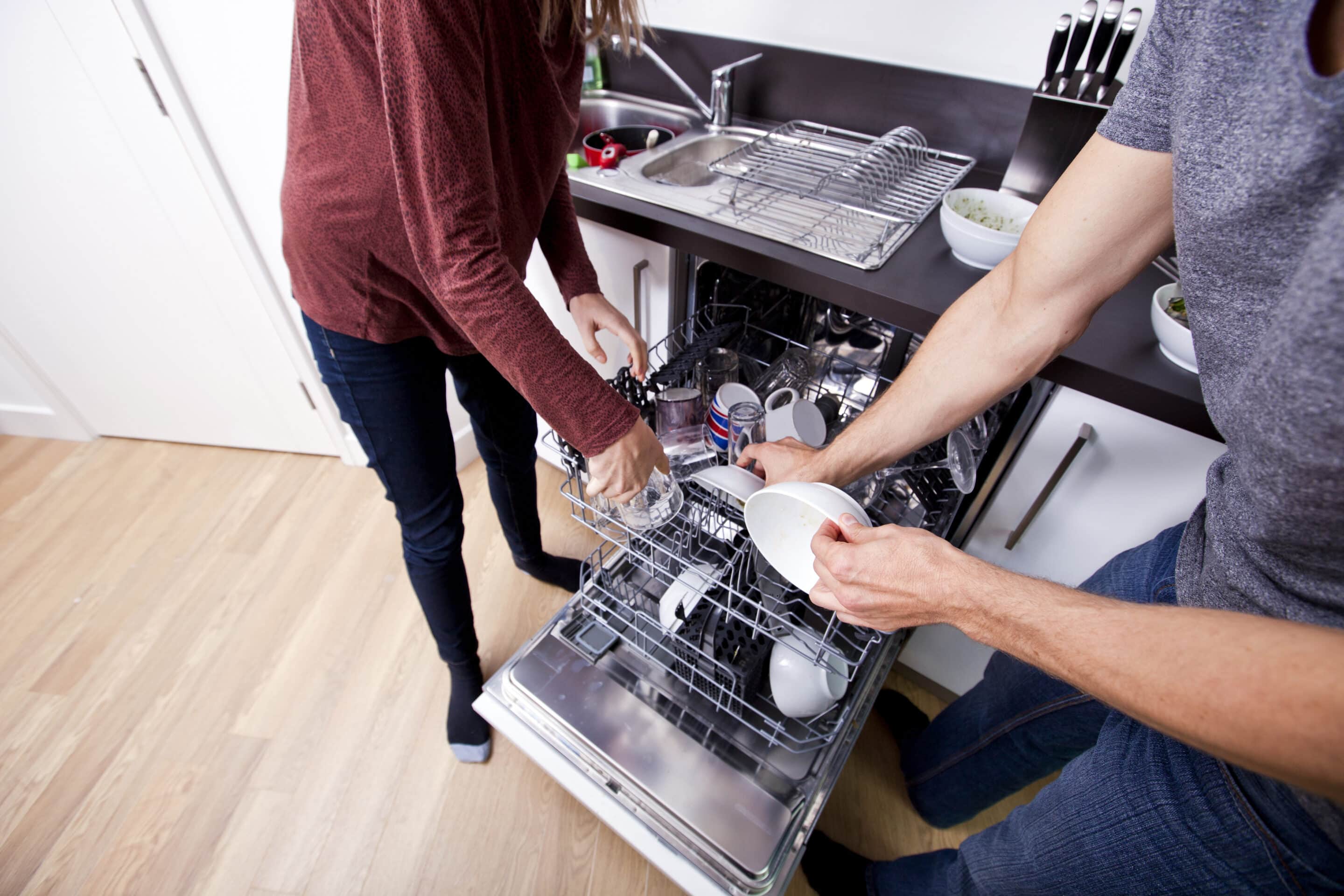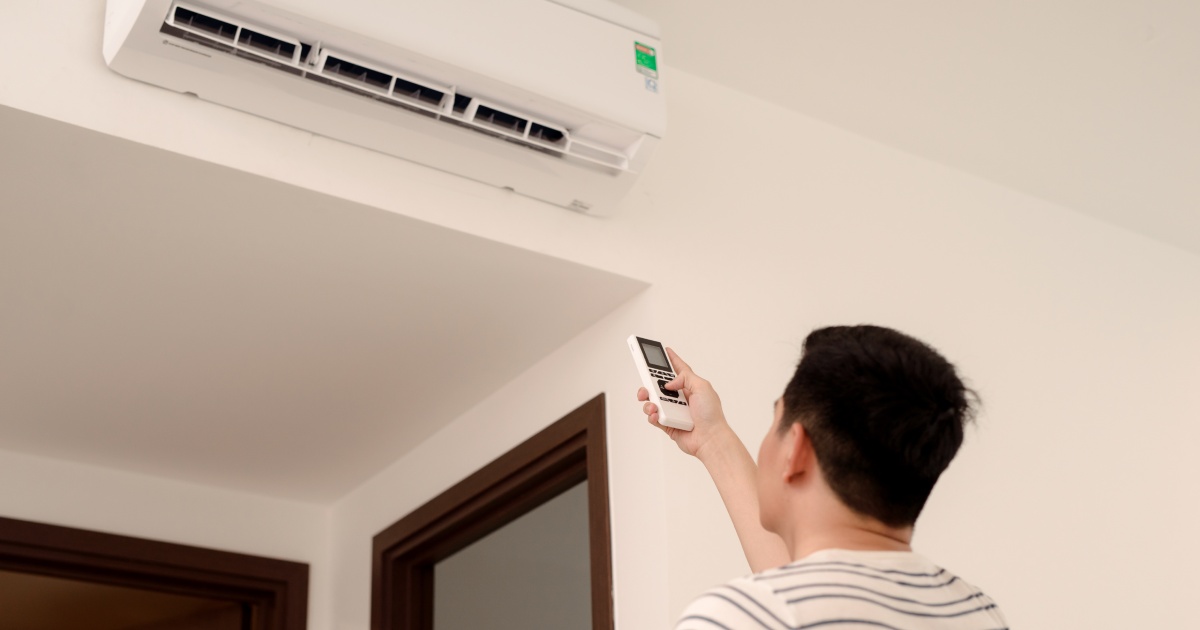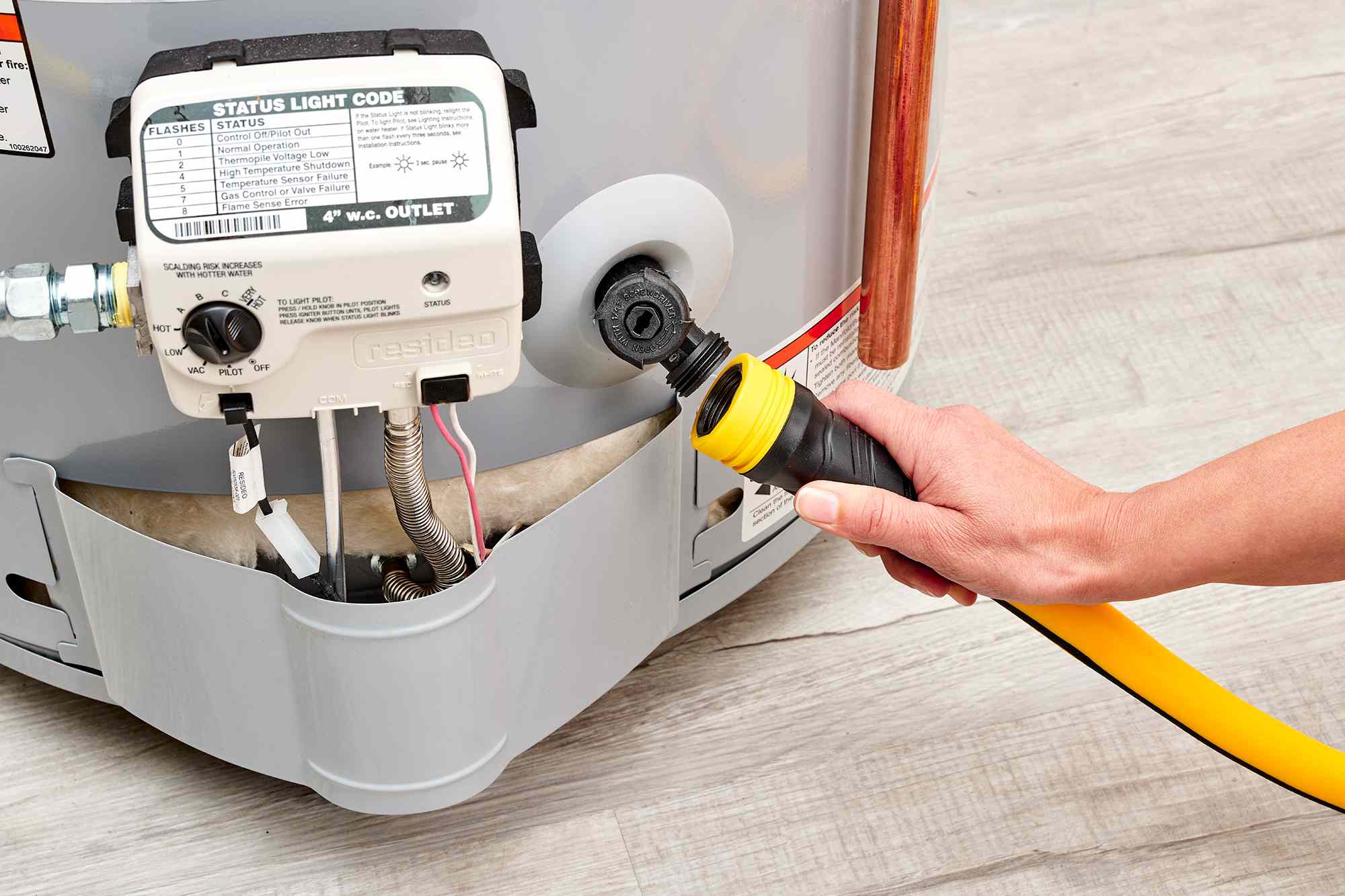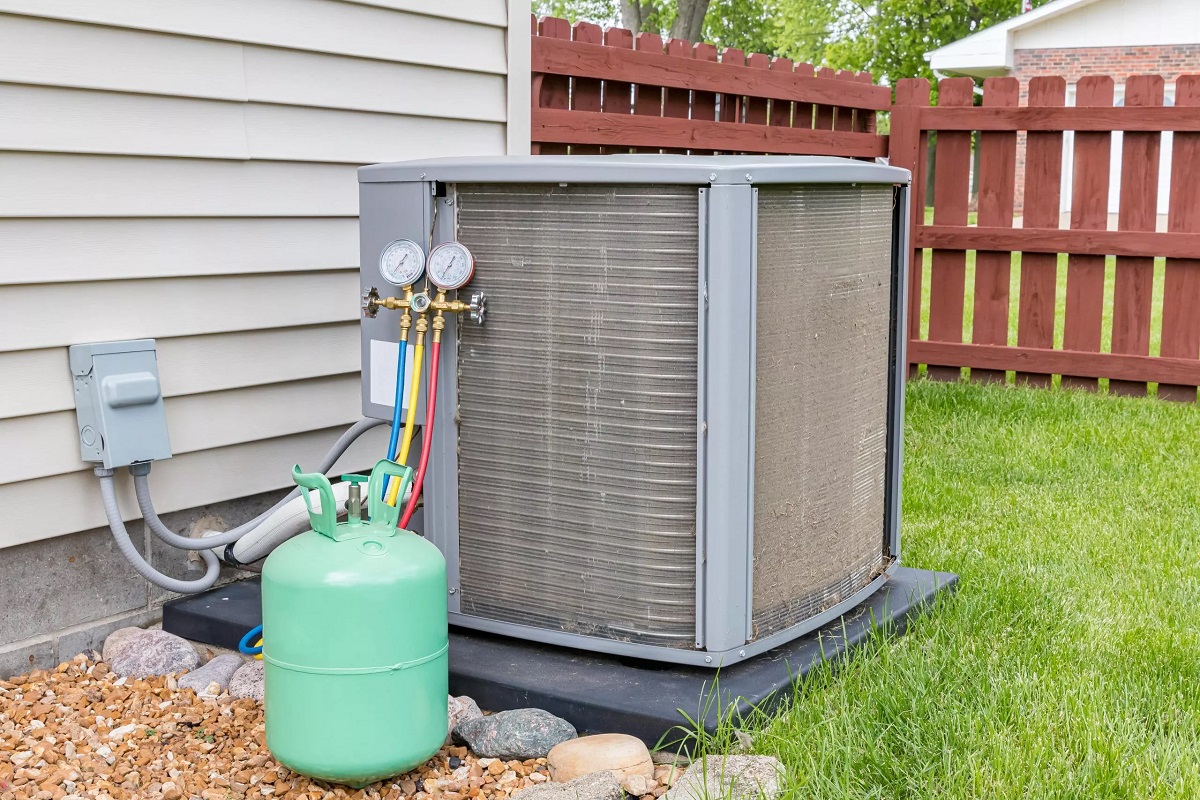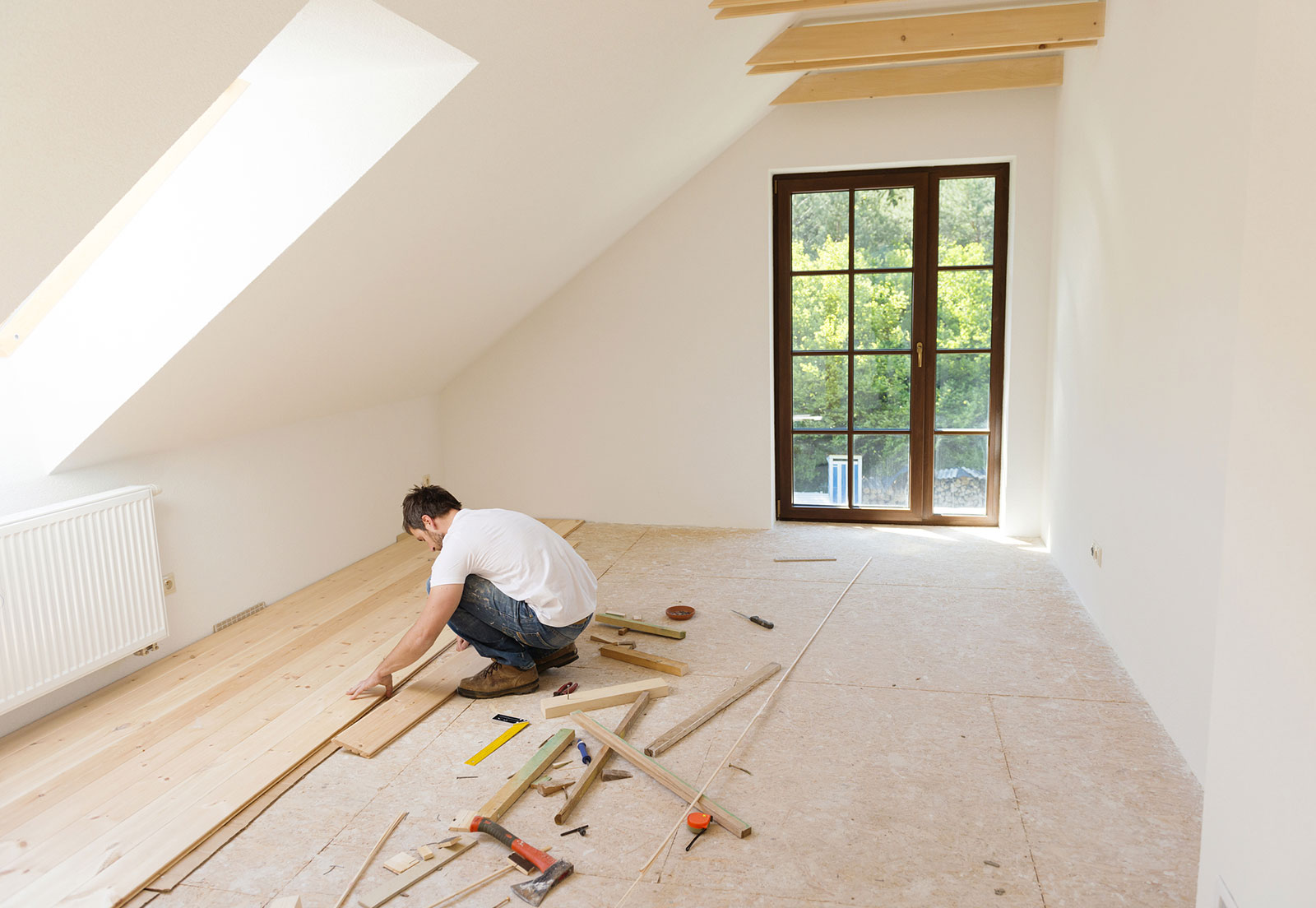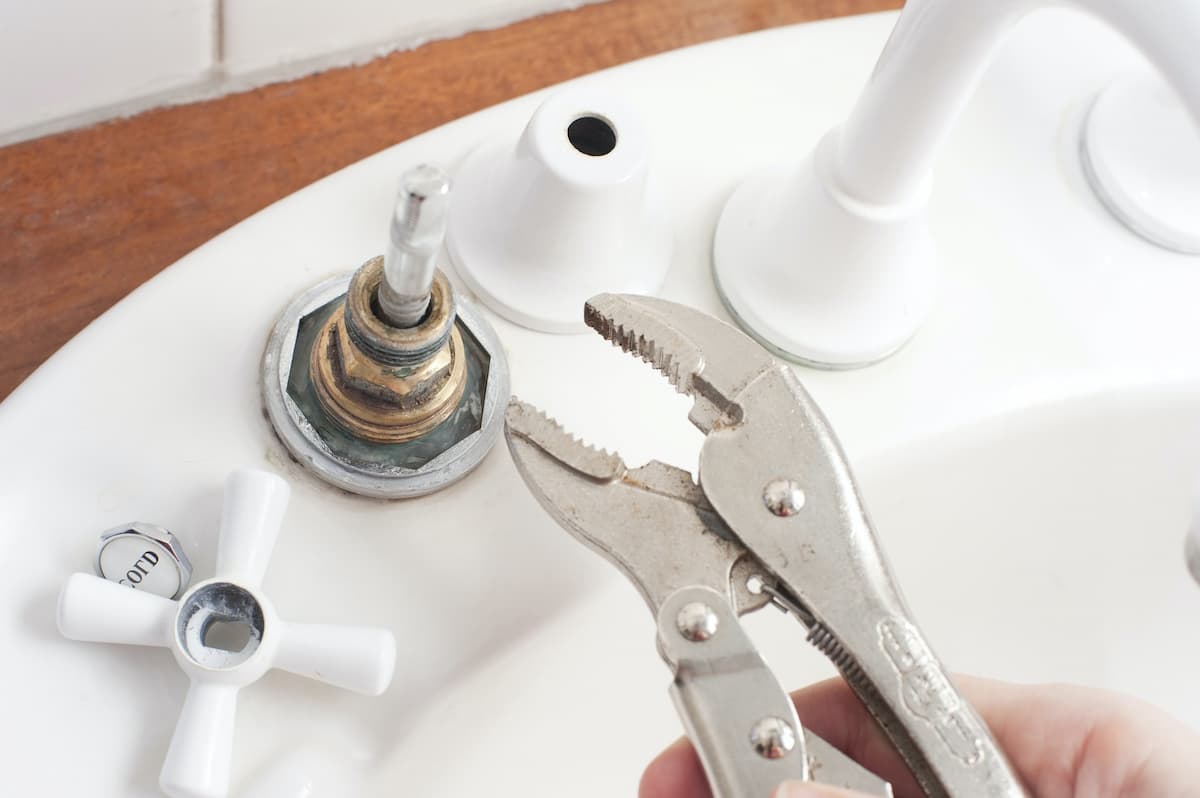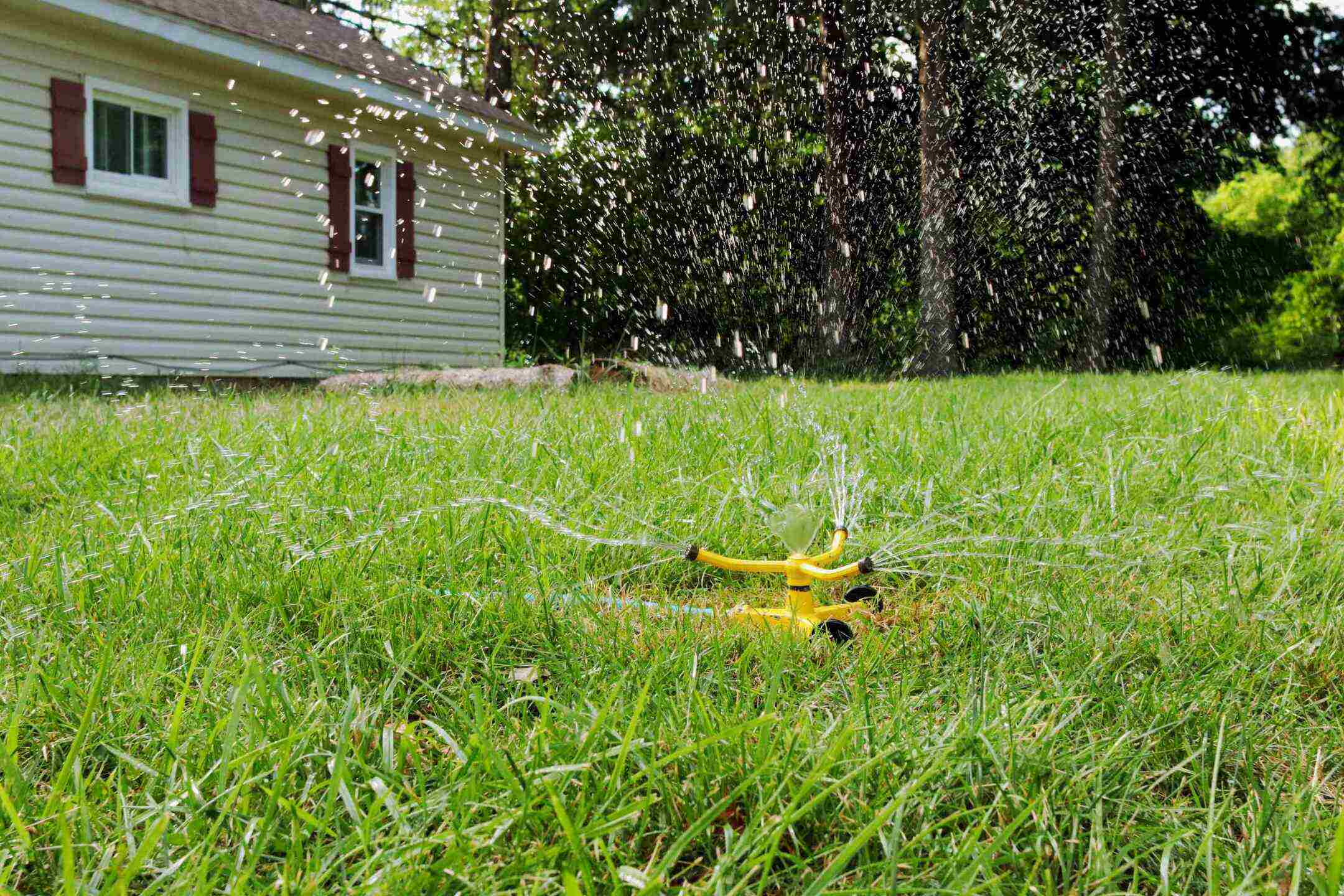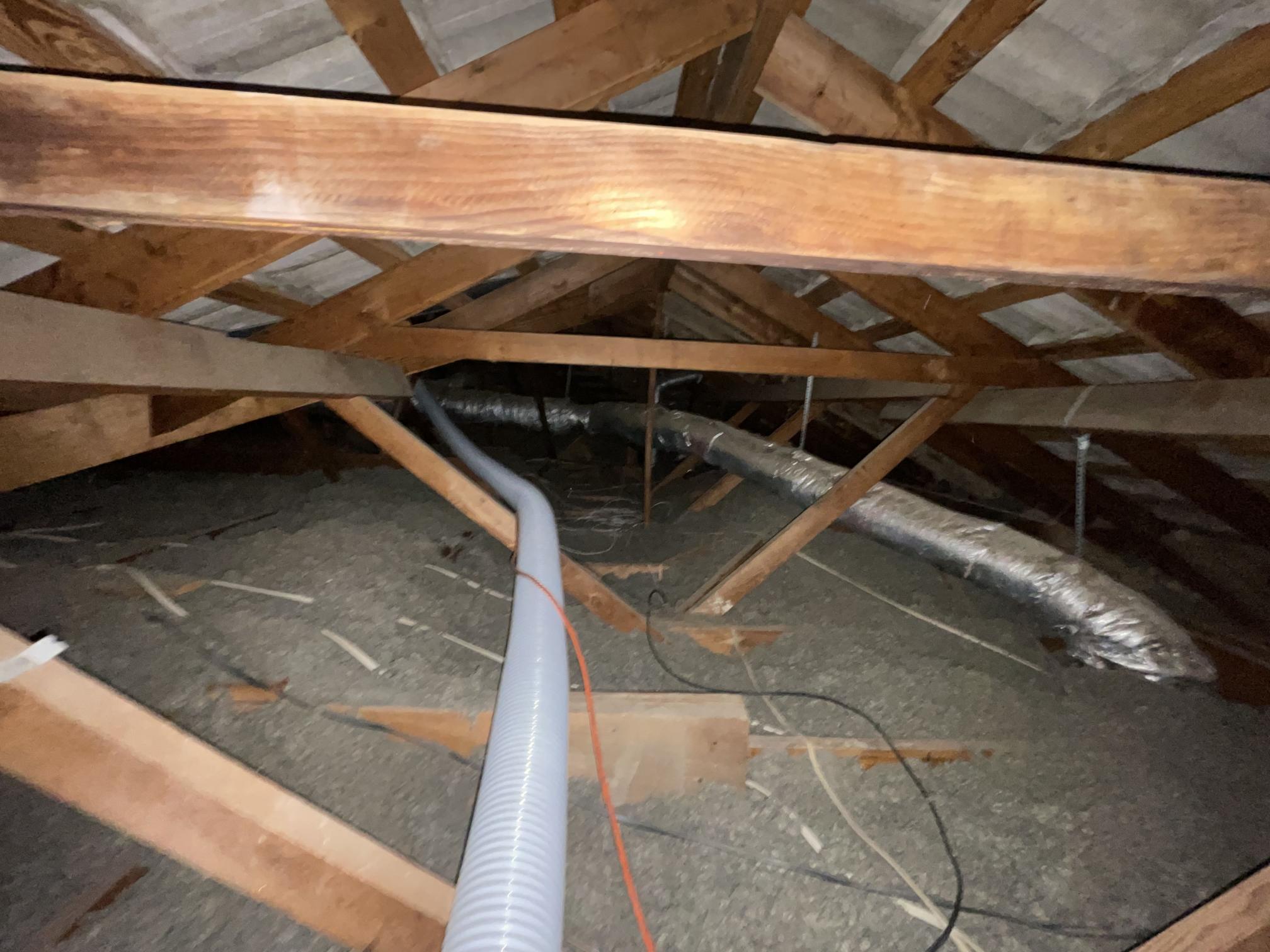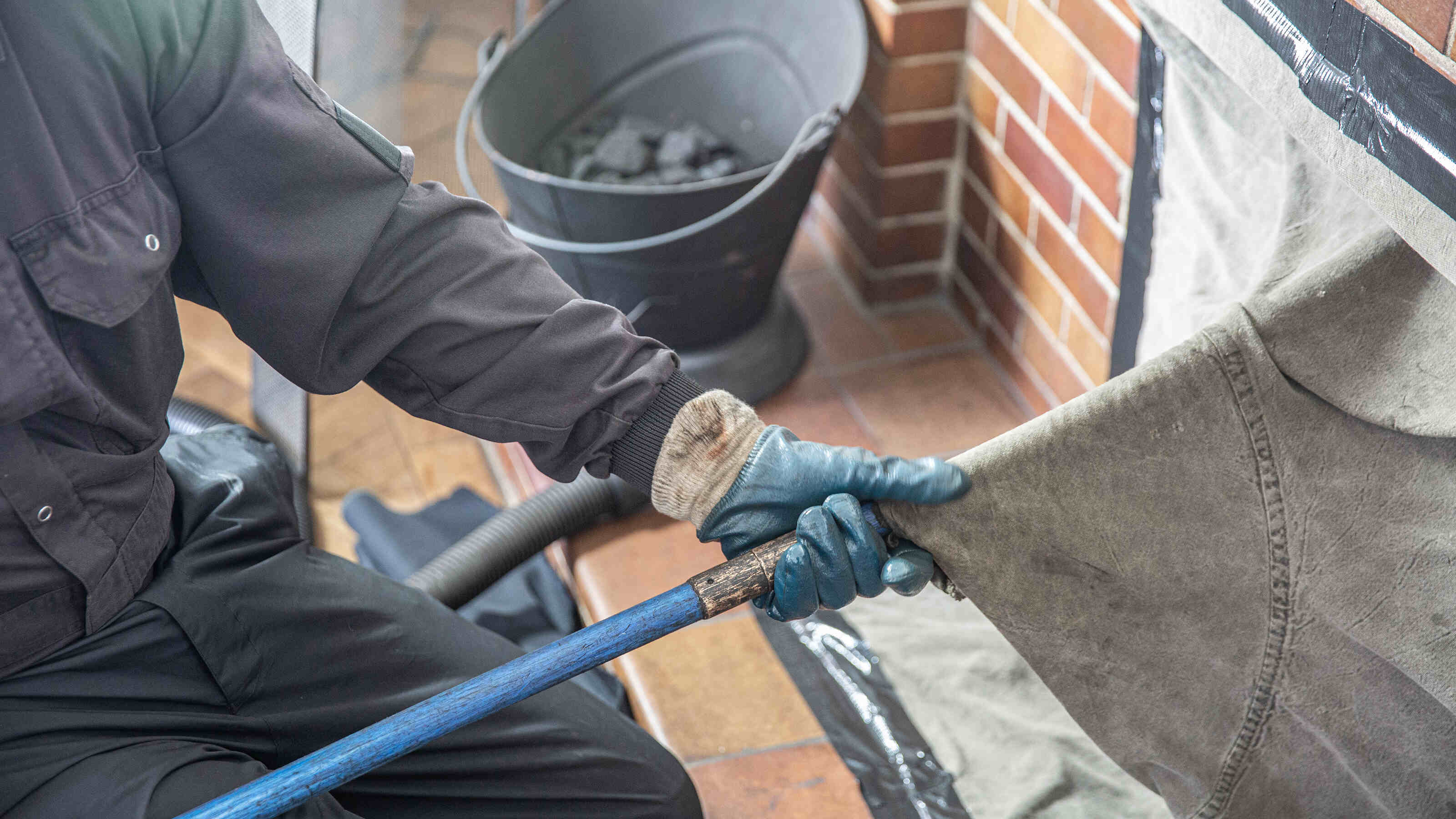Home>Home Maintenance>How Often Should AC Maintenance Be Done?
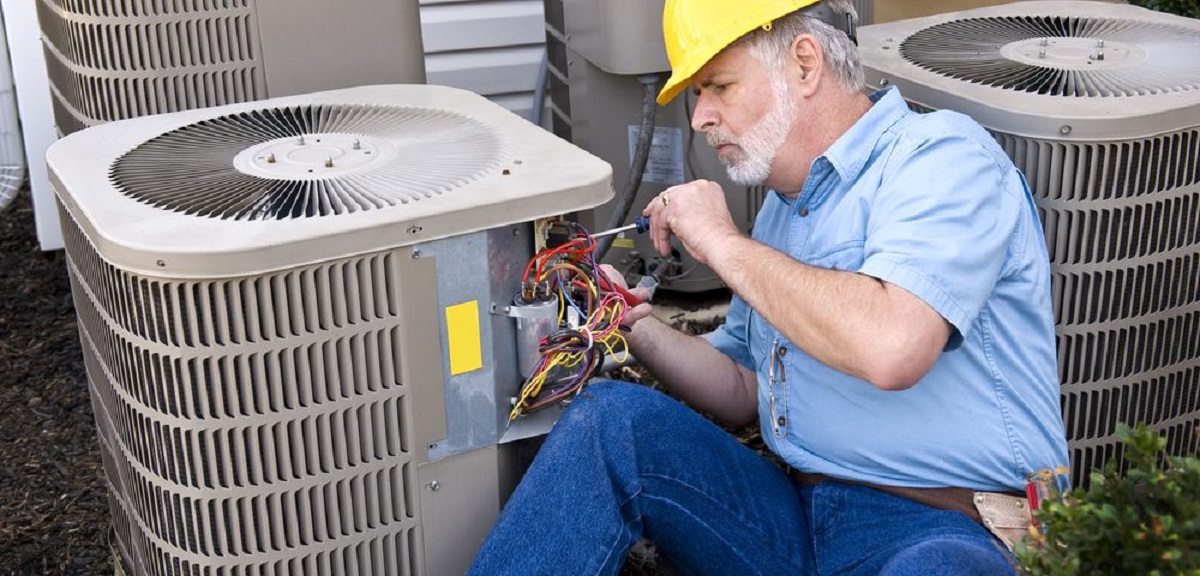

Home Maintenance
How Often Should AC Maintenance Be Done?
Modified: August 27, 2024
Regular AC maintenance is crucial for maintaining optimal home comfort. Find out how often you should schedule AC maintenance to ensure your system works efficiently and lasts longer.
(Many of the links in this article redirect to a specific reviewed product. Your purchase of these products through affiliate links helps to generate commission for Storables.com, at no extra cost. Learn more)
Introduction
Welcome to the world of home maintenance, where we dive into the nitty-gritty details of keeping your house in tip-top shape. In this article, we’re focusing on one vital aspect of home maintenance: keeping your air conditioning (AC) system in peak condition.
As temperatures rise and summer approaches, a reliable and efficient AC system becomes a true savior. However, many homeowners overlook the importance of regular AC maintenance, leading to decreased performance, higher energy bills, and potential system breakdowns.
In this guide, we’ll explore the significance of regular AC maintenance, factors that affect the frequency of maintenance, and the recommended intervals for servicing your AC system. We’ll also discuss common signs that indicate your AC is in need of maintenance and the many benefits of staying on top of this crucial task. So, if you’re ready to learn how to keep your AC running smoothly and avoid costly repairs, let’s dive right in!
Key Takeaways:
- Regular AC maintenance is crucial for energy efficiency, cost savings, and consistent cooling performance. It’s recommended to have professional maintenance at least once a year to ensure optimal system operation.
- DIY maintenance tasks like cleaning air filters and keeping the outdoor unit clear can help maintain your AC system, but professional maintenance is still essential for thorough inspections and expert care.
Read more: How Often Should You Service Your AC
Importance of Regular AC Maintenance
Regular AC maintenance is not only essential for the smooth operation of your cooling system, but it also offers a multitude of benefits for both your comfort and your wallet. Here are some key reasons why you should prioritize regular AC maintenance:
- Improved Energy Efficiency: Over time, dust, dirt, and debris can accumulate in your AC filters and coils, hindering airflow and reducing the system’s efficiency. This means your AC will have to work harder and consume more energy to cool your home. Regular maintenance, such as cleaning or replacing filters and clearing debris, ensures optimal airflow and maximum energy efficiency.
- Extended Lifespan: Your AC system is a significant investment, and you want to make it last as long as possible. Regular maintenance helps prevent major breakdowns and reduces the strain on the components. By addressing minor issues before they escalate, you can extend the lifespan of your AC system and avoid the need for costly replacements.
- Enhanced Indoor Air Quality: Your AC not only cools the air but also filters out dust, pollen, allergens, and other airborne particles. However, if the filters and coils are dirty, they can become a breeding ground for mold, bacteria, and fungi, resulting in poor indoor air quality. Regular maintenance ensures clean filters and coils, promoting healthier air circulation in your home.
- Cost Savings: Neglecting AC maintenance can lead to a decline in efficiency, which translates into higher energy bills. By keeping your system in top shape, you can save money on your monthly energy expenses. Additionally, preventative maintenance helps identify and address minor issues early on, preventing expensive repairs down the line.
- Consistent Cooling Performance: Imagine your AC failing in the peak of summer! Regular maintenance helps identify any potential issues with your system before they escalate into complete breakdowns. By addressing these issues promptly, you can ensure consistent cooling performance and stay comfortable throughout the hot summer months.
As you can see, making regular AC maintenance a priority not only benefits your comfort and well-being but also saves you money in the long run. Now, let’s move on to explore the factors that affect the frequency of AC maintenance.
Factors Affecting AC Maintenance Frequency
The frequency of AC maintenance can vary depending on several factors. Understanding these factors will help you determine how often your AC system should be serviced. Here are the key factors that affect AC maintenance frequency:
- Usage: How often and for how long you use your AC system plays a significant role in determining maintenance frequency. If you rely heavily on your AC to cool your home during hot weather or you live in a region with long summers, more frequent maintenance may be necessary.
- Location: The environment in which your AC system operates also affects maintenance frequency. If you live in an area with high pollution levels or dusty conditions, your AC filters and coils may get dirty more quickly, requiring more frequent cleaning or replacement.
- Air Quality: The quality of the air inside your home can impact maintenance frequency. If you have pets, smoke indoors, or have family members with allergies or respiratory conditions, you may need to service your AC system more often to ensure clean and healthy indoor air.
- Age of the System: Older AC systems often require more frequent maintenance compared to newer ones. As systems age, they might have more wear and tear, making routine maintenance crucial for optimal performance and longevity.
- Manufacturer’s Recommendations: AC manufacturers provide guidelines for maintenance intervals specific to their systems. It’s important to follow these recommendations to ensure your warranty remains valid and to maintain optimal performance.
- Previous Maintenance History: If you have been diligent in keeping up with regular maintenance in the past, your system may require less frequent servicing. Conversely, neglecting maintenance may lead to the need for more frequent and extensive maintenance or repairs.
Considering these factors will help you determine the appropriate maintenance frequency for your AC system. However, as a general guideline, it is recommended to have professional AC maintenance at least once a year.
In the next section, we will discuss the recommended frequency for AC maintenance to ensure optimal performance and efficiency of your cooling system.
Recommended Frequency for AC Maintenance
The recommended frequency for AC maintenance typically depends on factors such as the age of the system, usage patterns, and manufacturer recommendations. While it’s important to consult with a professional HVAC technician for specific advice, here are some general guidelines to help you determine the ideal frequency for servicing your AC system:
- Annual Maintenance: It is highly recommended to have your AC system professionally serviced at least once a year. Scheduling an annual maintenance visit, ideally before the start of the cooling season, helps ensure that your system is in optimal condition.
- Seasonal Inspections: In addition to the annual maintenance visit, it’s beneficial to perform visual inspections and basic maintenance tasks seasonally. This can include checking and cleaning the outdoor unit, clearing debris around the unit, and inspecting air filters for any signs of clogging or damage.
- Filter Changes: Air filters should be checked regularly and replaced or cleaned as needed. Depending on the type of filter and the manufacturer’s recommendations, this might range from every 1-3 months.
- Duct Cleaning: While not necessarily required every year, having your air ducts professionally cleaned every 3-5 years can improve indoor air quality and ensure optimal airflow throughout your home.
- Additional Inspections: If you observe any unusual signs, such as strange noises, weak airflow, or inconsistent cooling, it’s important to contact a professional technician as soon as possible to assess and address any underlying issues.
Keep in mind that these are general guidelines, and the specific needs of your AC system may vary. Consulting with an HVAC professional will help you determine the most appropriate maintenance frequency for your particular circumstances.
Now that we’ve covered the recommended frequency for AC maintenance, let’s move on to the next section and explore the signs that indicate your AC system is in need of maintenance.
It is recommended to have your AC system maintained at least once a year to ensure it is running efficiently and to catch any potential issues early on. Regular maintenance can also help extend the lifespan of your AC unit.
Signs that AC Maintenance is Needed
Regular maintenance is essential for keeping your AC system running smoothly, but there are certain signs that indicate your system may need immediate attention. Recognizing these signs can help you address potential issues before they escalate into major problems. Here are some common signs that your AC system is in need of maintenance:
- Weak or Insufficient Airflow: If you notice a decrease in the airflow coming from your vents, it could indicate a problem with your AC system. It may be caused by a clogged air filter, a malfunctioning blower fan, or issues with the ductwork. A professional technician can diagnose the issue and restore proper airflow.
- Uneven Cooling: If you experience areas of your home that are significantly warmer or cooler than others, it could indicate an issue with your AC system. It may be due to ductwork problems, refrigerant leaks, or issues with the thermostat. A maintenance visit can help identify and resolve the underlying cause.
- Frequent Cycling: If your AC system turns on and off frequently without reaching the desired temperature, it could indicate a problem with the system. This could be caused by issues such as a faulty thermostat, dirty coils, or refrigerant leaks. Professional maintenance can address these issues and restore normal operation.
- Loud or Strange Noises: Unusual noises such as grinding, banging, or squealing coming from your AC system indicate that something is amiss. These noises could be due to loose components, worn-out parts, or debris in the system. A maintenance visit can identify and address the source of the noise.
- Unpleasant Odors: If you detect musty or foul odors when your AC is running, it could indicate mold or mildew growth within your system. It’s important to address this issue promptly to prevent the spread of allergens and to ensure fresh and clean indoor air quality.
When you notice any of these signs, it’s crucial to schedule a maintenance visit with a qualified HVAC technician. Early detection and timely repairs can prevent further damage and expensive repairs.
Now that we’ve covered the signs indicating the need for AC maintenance, let’s explore the benefits of staying on top of this crucial task.
Read more: How Often To Recharge AC In Car
Benefits of Regular AC Maintenance
Regular maintenance is not just about avoiding breakdowns and keeping your AC system running smoothly. It also offers a range of benefits that positively impact your comfort, health, and finances. Here are some key benefits of staying on top of regular AC maintenance:
- Improved Energy Efficiency: Regular AC maintenance ensures that your system operates at optimal efficiency. Clean filters, coils, and properly lubricated mechanical parts help reduce energy consumption and lower your utility bills.
- Reduced Repair Costs: Routine maintenance helps identify and address minor issues before they turn into major problems. By detecting and fixing these issues early, you can avoid costly repair bills and extend the overall lifespan of your AC system.
- Enhanced Indoor Air Quality: Your AC system plays a vital role in maintaining indoor air quality. Regular maintenance, including cleaning or replacing filters, keeps the air clean by removing dust, allergens, and other pollutants from circulation.
- Consistent Cooling Performance: With regular maintenance, you can ensure that your AC system delivers the desired cooling comfort consistently. Properly maintained systems are less likely to exhibit uneven cooling, weak airflow, or temperature fluctuations throughout your home.
- Extended Lifespan: Just like any other appliance, regular maintenance can prolong the lifespan of your AC system. By addressing wear and tear, lubricating moving parts, and keeping everything clean, you can maximize the life expectancy of your unit.
- Peace of Mind: Knowing that your AC system is well-maintained and in good working condition gives you peace of mind. You can relax and enjoy the cool comfort of your home without worrying about unexpected breakdowns or excessive energy bills.
Regular AC maintenance is an investment that pays off in the long run. It ensures optimal performance, energy efficiency, and comfort while minimizing the risk of costly repairs and premature system replacement.
Now that you understand the benefits of regular AC maintenance, let’s move on to some DIY tips for maintaining your AC system between professional maintenance visits.
DIY AC Maintenance Tips
While professional AC maintenance is essential, there are also some simple steps you can take to keep your AC system in good condition between service visits. Here are some do-it-yourself maintenance tips:
- Regularly Clean or Replace Air Filters: Dirty air filters restrict airflow and reduce the efficiency of your AC system. Check your filters regularly and clean or replace them according to the manufacturer’s recommendations.
- Keep the Outdoor Unit Clear: Ensure that the outdoor unit of your AC system is free from debris, such as leaves, grass clippings, and branches. Clear any obstructions around the unit to allow for proper airflow.
- Clean the Condenser Coils: Over time, the condenser coils can accumulate dirt and dust, reducing the cooling efficiency. Use a soft brush or a vacuum cleaner to gently clean the coils. Be careful not to damage the delicate fins.
- Check and Clean the Evaporator Coil: The evaporator coil, located inside your home, can also collect dust and dirt. You can clean it by removing the access panel and using a soft cloth or brush to wipe away any debris.
- Inspect and Seal Ductwork: Inspect the ductwork for any leaks or disconnected joints. Seal any gaps or openings with specialized duct tape or call a professional to properly seal the ducts.
- Monitor Thermostat Settings: Ensure that your thermostat is set to the desired temperature and mode. Consider using programmable thermostats to efficiently manage the cooling schedule based on your needs.
- Keep Vents and Registers Clear: Make sure that air vents and registers are not blocked by furniture, rugs, or other objects. Ensure that they are clear to allow proper airflow throughout your home.
- Trim Vegetation around the Outdoor Unit: Trim any vegetation, such as bushes or branches, near the outdoor unit to prevent blockage and maintain proper airflow.
- Monitor Strange Noises or Odors: Pay attention to any unusual noises or odors coming from your AC system. If you notice anything out of the ordinary, it’s best to contact a professional technician for evaluation.
By following these DIY maintenance tips, you can help keep your AC system running smoothly and efficiently. However, it’s important to remember that professional maintenance is still necessary to address more complex issues and ensure the longevity of your system.
Now that we’ve covered some DIY AC maintenance tips, let’s conclude our guide to AC maintenance.
Conclusion
Regular AC maintenance is a crucial aspect of home maintenance that should not be overlooked. By prioritizing the care of your AC system, you can enjoy a range of benefits, including improved energy efficiency, extended lifespan, enhanced indoor air quality, and cost savings.
Factors such as usage patterns, location, and the age of your system influence the frequency of AC maintenance. However, as a general guideline, professional AC maintenance should be conducted at least once a year, ideally before the start of the cooling season. Additionally, performing seasonal inspections, regularly changing or cleaning air filters, and addressing issues promptly can contribute to optimal system performance.
It’s important to be aware of signs that indicate the need for AC maintenance, such as weak airflow, uneven cooling, frequent cycling, loud noises, and unpleasant odors. When you notice these signs, it’s crucial to schedule a maintenance visit with a qualified HVAC technician to address any underlying issues and prevent further damage.
While there are some DIY AC maintenance tasks you can perform, such as cleaning or replacing air filters, keeping the outdoor unit clear, and monitoring thermostat settings, it’s essential to remember that professional maintenance is still necessary to ensure thorough inspections and expert care.
By investing in regular AC maintenance, you can ensure that your system works efficiently, delivers consistent cooling comfort, and lasts for years to come. So, stay proactive in maintaining your AC system, and enjoy a cool and comfortable home all year round.
Thank you for joining us on this journey through the world of AC maintenance. We hope you found this guide informative and valuable for keeping your AC system in excellent condition.
Frequently Asked Questions about How Often Should AC Maintenance Be Done?
Was this page helpful?
At Storables.com, we guarantee accurate and reliable information. Our content, validated by Expert Board Contributors, is crafted following stringent Editorial Policies. We're committed to providing you with well-researched, expert-backed insights for all your informational needs.
